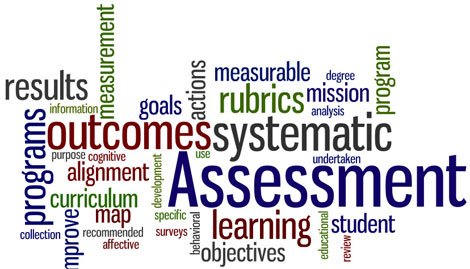Employees are the key to a successful company, but why or how?
Because it assumes that the employees are good. Good employees are the key to a successful company. The wrong employees can be the source of a company’s downfall. Hiring the wrong candidates can become a massive issue for an organization. That’s why you need to take extra care when hiring. You need to find the best of all.
So, what can you do to ensure that your company is the one getting the best candidates? How can you be certain that you’re hiring someone that will do the job better than anyone else? It’s at this point that we turn our attention to pre-employment skill testing.

Pre-employment skills testing is an increasingly adopted tool among hiring managers, with stellar results in increasing accuracy, reducing costs and speeding time to hire. According to a survey by the American Management Association, “Almost 90 percent of firms that test job applicants say they will not hire job seekers when pre-employment testing finds them to be deficient in basic skills.”
For those not convinced they should add pre-employment testing to their hiring process, here are ten reasons to sway you.
1. You can eliminate up to 50 percent of unqualified applicants in the initial screening ultimately decreasing the possibility of bad hire.
2. You can reduce up to 90 percent of time spent on the unnecessary elements in the hiring process that directly increase the costs on low-value aspects of recruiting.
3. A study revealed, there are 75 percent greater improvements in hiring manager satisfaction.
4. You will be able to double your success rate for hiring with just a few carefully designed assessments.
5. Reducing the time spent on unwanted activities will lead you and your team to focus on other important tasks, increasing your productivity.
6. Employers can increase the likelihood of hiring high-quality candidates by using pre-employment tests to help screen and select the best candidates for jobs.
7. Pre-employment skill testing can assist you in achieving the proper job fit between the applicant and the job you are hiring for. Matching the right applicant to the right job leads to increased employee satisfaction, increased productivity, and reduced employee turnover, which can be costly for any company.
8. Even though screening tests are occasionally challenged in court, companies can reduce their legal risk by ensuring test validity and reliability, by making sure tests do not cause a disparate impact on minorities or protected groups, and by consistently applying tests to all candidates.
9. Are pre-hire assessments unfair to candidates?
NO. Pre-hire assessments give a fair shot to all candidates to prove themselves beyond their resume with a standard test. Job seekers get the benefit of rapid screening, helping them figure out where their "perfect job" maybe.
10. Pre-employment Testing and Screening Software removes a lot of the opinion and personal bias from hiring which allows for better decision-making. Objective hiring based on scientific test results can protect you from lawsuits in the event an unhappy applicant makes a claim.
The Big Question
The big question still exists; can you find better candidates by using pre-employment testing? If you hired someone without doing it, who’s to say they’re not the best candidate? And, from another point of view who’s to say the candidate you hire, after testing, is, in fact, the best one?
There are so many questions to ask and so many answers to these questions. Firstly, testing your candidates is a fantastic way to learn more about them. You can easily identify whether or not someone is strong at applied skills, or how they communicate. All it takes is a few questions and you can build a profile of somebody. You’re in a much better position to be confident with your hire. If you don’t do these assessments, you will know a lot less about the candidate. It can be argued that you are taking a risk by not making them do candidate skills assessments.
Also Read: Pre-employment testing best practices for quality recruitment.
Conclusion
“Skills” or “competencies” needed are common from job to job. Attention to detail, time management, cognitive thinking, problem-solving, and learning agility are skills that help us in nearly any job in business. But you can get far more specific.
The assessments (tests) should be chosen in such a way that can save your time and money in the screening and ultimately finding people with a strong fit for the job.
Pre-employment testing does benefit the hiring company. You’ll be hiring people that fit the job, and your company. Plus, you have the added benefits of it being cost-effective and efficient. These tests take an average of 20-30 minutes; they can be done pretty quickly. If you want the best candidates for the job, it makes sense to consider pre-employment testing.
Start evaluating iMocha's pre-employment testing software for assessing the skills of the candidates. It has over 200+ ready-to-use skill tests and provides the flexibility of custom test creation. iMocha offers online testing software to hire quality candidates and reduce administrative hassles in hiring
Start testing today!

